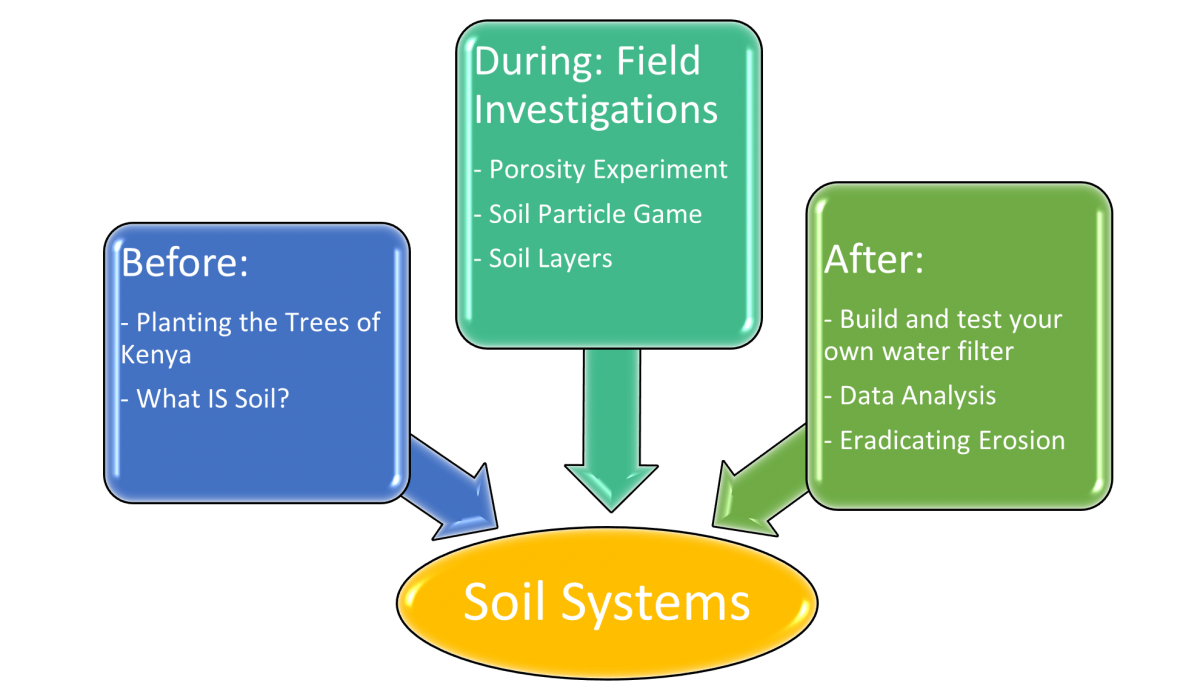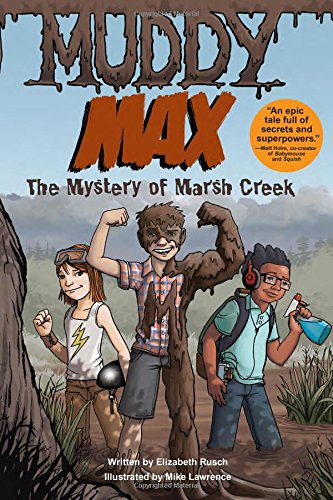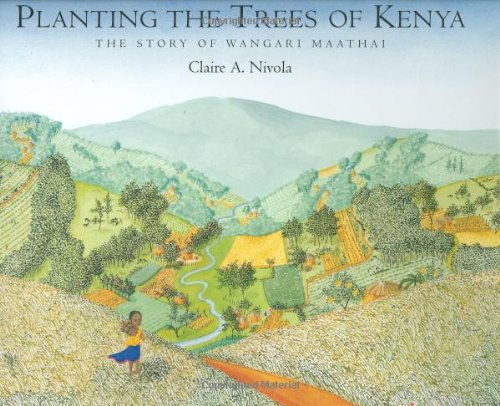- Visit
- Things to Do
- Learn
- Arboretum
- Research
- Support
- About
- People


Designed for 3rd grade
$4 per student
With this investigative program, students realize that soil is more than just dirt! The science process skills of data collection, measurement, and observation are reinforced. In collaborative groups, your soil scientists conduct an experiment to test soil porosity and explore soil particle size during a kinesthetic game. In the field, we examine and identify different soil layers and look for evidence of organisms living in the soil. Observe evidence of erosion, and discuss potential implications in the watershed.
Target SOL (for the field investigation. Additional SOL apply to the before and after activities.) Science (2018) 3.1, 3.6, 3.8 Math (2023) 3.NS.3, 3.CE.1, 3.MG.1, 3.MG.3, 3.PS.1 English (2024) 3.C.1, 3.RV.1, 3.RI.3

To enhance classroom connections with the field experience, we have developed this lesson cluster. Field investigations are more meaningful to students when integrated into their curriculum. This lesson cluster can be used to: introduce soil concepts, increase depth of knowledge by synthesizing a variety of components in a systems approach, and develop student collaboration and cooperation with an action project. Before-visit activities increase student awareness of the process of science, and understanding of soil, and create literacy connections with historical conservation figures. With the after-visit activities, students synthesize concepts gathered in the field as they plan and execute an action or community science project. Click on each section below to learn more about the cluster's activities. Click here for the full lesson cluster (see each section for individual activity plans).
NOTE: hover over bolded phrases to find links to resources
Before-visit activities increase awareness of the process of soil science and create literacy connections with historical conservation figures.
During your field investigation at Blandy, your students will engage in several indoor and outdoor lessons where they conduct scientific experiments and tactile investigations of soil to understand soil composition. Below is an overview of the “standard” program activities to assist you with integrating this field experience into the classroom experiences. This will change due to weather, the volume of students, or communication with environmental educators. Click here for a sample schedule (will vary depending on the number of classes).
Soil Porosity Experiment- Your soil scientists conduct experiments to determine how water moves through different particles. Measurements are made, and data are collected in an enriching experiment of science process skills.
Soil Particles- Students model soil particle sizes and understand how erosion impacts soils.
Soil Layers- Soil Composition is examined, asking, "How is soil a system?" and "What is soil composed of?"
VA Standards Addressed:
Science (2018) 3.1, 3.6, 3.8
Math (2023) 3.NS.3, 3.CE.1, 3.MG.1, 3.MG.3, 3.PS.1
English (2024) 3.C.1, 3.RV.1, 3.RI.3
With the after-visit activities, students synthesize concepts gathered in the field as they plan and execute an action or community science project. And students analyze data to make conclusions.

Muddy Max: The Mystery of Marsh Creek Fiction
Author: Elizabeth Rusch Illustrator: Mike Lawrence
Grades 4-6 Lexile: NA
Suggested Activities:
 Planting the Trees of Kenya: The Story of Wangari Maathai Non-fiction
Planting the Trees of Kenya: The Story of Wangari Maathai Non-fiction
Author: Claire A. Nivola
National Geographic text alignment: Ladders: Mountains, Valleys, and Plains
Grade: K-3rd Lexile: AD870L

Under your Feet: Soil, Sand and Everything Underground Non-fiction
Author: Wenjia Tang
Grade: K-3rd Lexile: IG840L
Under Your Feet delves beneath the Earth’s surface and explores the diverse wonders hidden there. Encounter creatures of the deep and marvel at the mind-boggling size of the humongous fungus – the biggest organism in the world. Learn how one handful of ordinary soil contains more organisms than people on Earth, and experiment using dirt from your own back garden.
Suggested Activities: